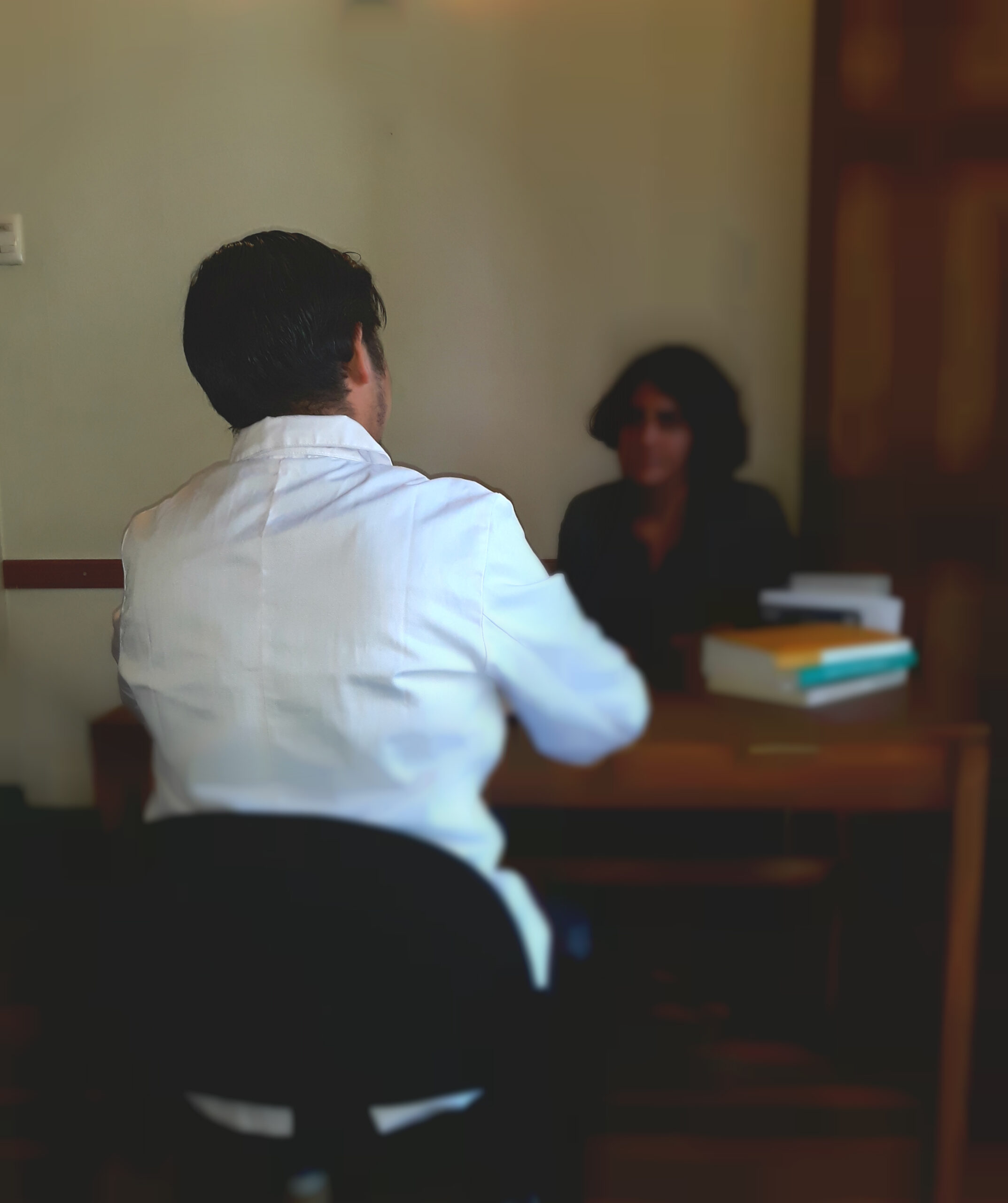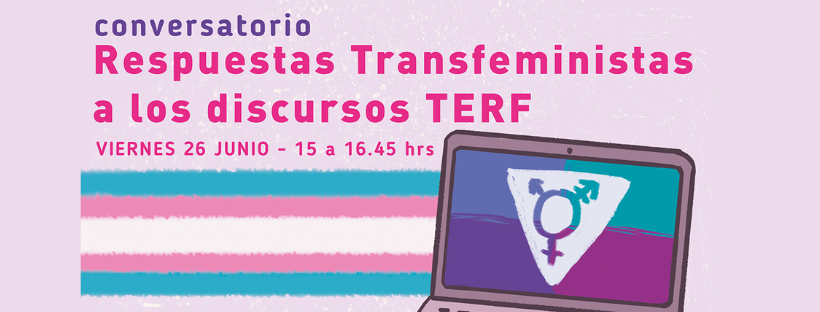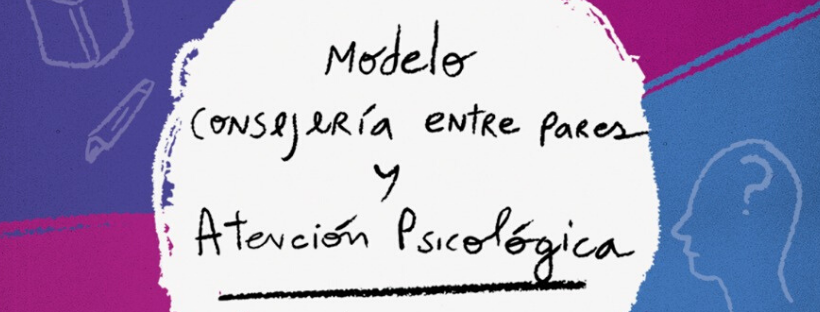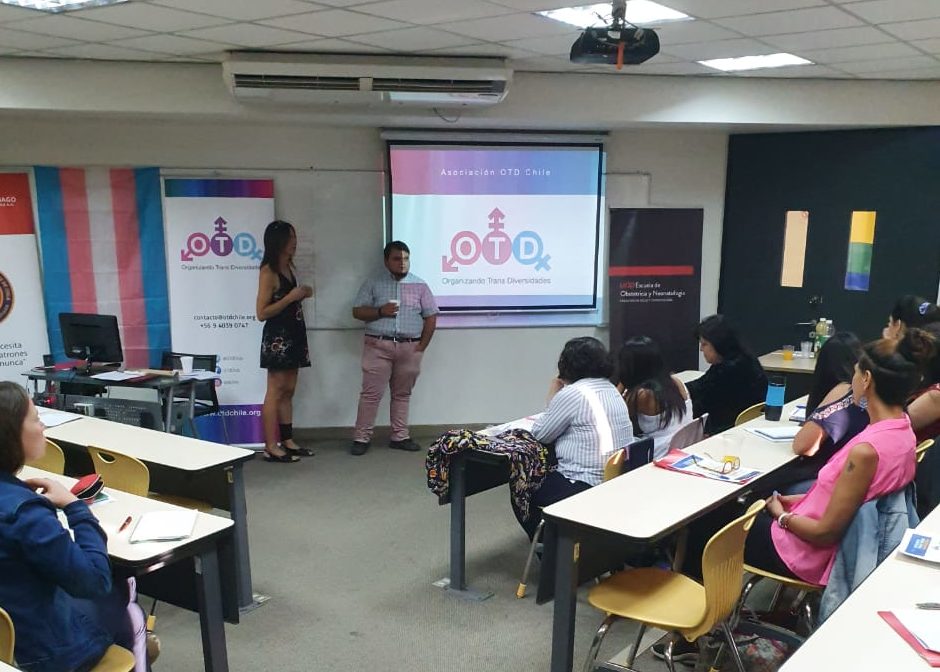Last week we noticed from the press of the case of a migrant trans woman who claims to have been raped by a gendarme in an area of the male prison population in the one that remained deprived of freedom. In OTD Chile, we are concerned that this type of case continues to happen, despite the permanent work we have done to advance the recognition of trans identities and respect for human rights.
On November 4, 2018, a transgender woman suffered sexual violence by a gendarme in the Santiago Uno prison. The National Human Rights Institute (NHRI) took the case, brought a complaint and managed to ensure that the victim can now be protected about his victimizer. That month, the lawyer from the Public Defender’s Office, who is handling the case for which she is being tried, managed to get her transferred to the San Miguel women’s prison.
Once there, he realized that the accused official had been transferred to the said premises. “From the point of common sense obviously should not happen, if you ask me if it is normal in Gendarmerie, I do not know,” said Beatriz Contreras, director of the NHRI Metropolitan Headquarters, to OTD Chile. Once this fact was verified, the guarantee judge declared null contact with the victim by the accused.
“We filed a complaint about torture and the judge of guarantee stated that given the seriousness of the facts and the situation with respect to the accused, there was a prohibition to approach it and that this must be done in every Gendarmerie precinct. In addition, if she left in freedom the prohibition is at least one hundred meters, “explained Beatriz.
Last week the Supreme Court accepted the request of the Ombudsman to revoke the woman’s preventive detention while investigating the case for which she is charged.
“There is a situation of sexual violence, which according to the standards of the Inter-American Court of Human Rights, due to all the characteristics that these acts have, is constitutive of rape and the rape itself is considered torture. There are specific standards dealing with the sexual violation of a detainee by an agent of the State, stating that this is an absolutely serious and reprehensible act because it takes into account the vulnerability of the victim and the abuse of power evidently deployed by the agent “, said the lawyer of the NHRI.
OTD Chile asked to Gendarmerie about the case and they denied to comment concerning to established by Court. However, the complaint of the applicant stated: “immediately, after the complaint of the applicant was known for alleged violations suffered by an officer, the institution instructed different measures to protect their integrity and a proper investigative process”.
The Regional Director opened an administrative summary against the involved gendarme, who was transferred from the premises and subsequently suspended from his duties. As well as the human rights unit delivered psychiatric and psychological assistance to the victim. “The Gendarmerie affirmed that regardless of the judicial course of the investigation, categorically rejects conduct that deviates from the probity of the official service and that does not respect the people’s rights that are under our custody and care, for which it will exhaust all the necessary instances to clarify the facts and apply the corresponding measures”.
To the coordinator of laws and public policies from OTD Chile, Franco Fuica, “Gendarmerie in one of the fields in which the gender identity law has the great challenge of cross the binary structure that the prison system has in Chile, which does not really deliver possibilities of life care and guarantee the reintegration of trans people who arrive in jail. The situation of vulnerability is severe for all people, regardless of their gender identity, but for trans people is worse. We are part of the Gendarmerie User Advisory Council of Chile and one of the tasks that we have developed in that area is the training to gendarmes and, in the future, we want to promote training for the social reintegration of transgender interns “.
Concerning to this case, Fuica stated that “It gives rise to visualize the cases of trans women who are in men prison, those who are at risk of being sexually abused or mistreated by gendarmes or other prisoners. There is also the case of trans boys in male prisons where the same thing can happen, there is a risk of rape, unwanted pregnancies among other tortures, cruel, inhuman or degrading treatment, “he said.
Finally, Fuica comments that the international experience poses that trans people must serve sentences of residential confinement or in special modules in women’s jail to protect their security.
Traslation: Mariana Galvez y Lilly Parra.








